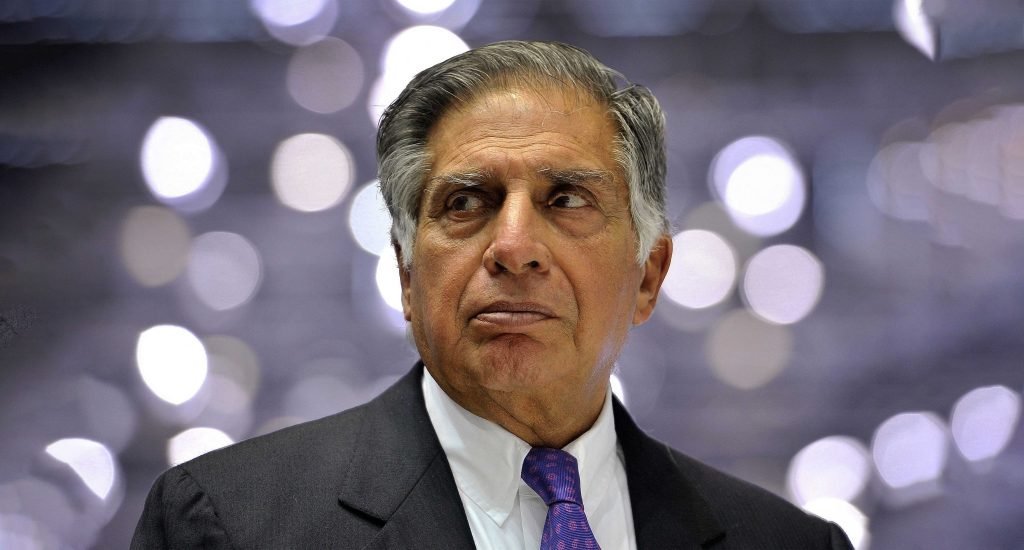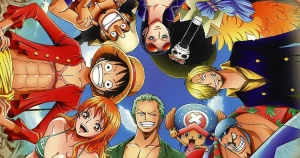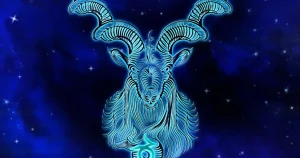Ratan Tata, India’s Industrial Icon, Dies at 86
- Abeera Marium Siddiqui
- October 10, 2024
- 1:05 pm
- 108

India has lost one of its greatest visionaries. Ratan Tata, the former chairman of Tata Sons and one of India’s most respected business leaders, passed away at the age of 86. His death marks the end of an era, not just for the Tata Group but for the entire nation. Tata, who led the $100 billion steel-to-software conglomerate for over two decades, leaves behind a legacy that extends far beyond boardrooms.
In a late-night statement, Tata Sons Chairman N Chandrasekaran said, "It is with a profound sense of loss that we bid farewell to Mr. Ratan Naval Tata, a truly uncommon leader whose immeasurable contributions have shaped not only the Tata Group but also the very fabric of our nation."
Early Life and Career
Ratan Tata was born into a traditional Parsi family in 1937. His childhood was shaped by the values of hard work and humility, qualities that he would carry with him throughout his life. He studied architecture and structural engineering at Cornell University in the United States before returning to India in 1962.
He joined Tata Industries, a company founded by his great-grandfather, and started his journey in the family business. Ratan's early years in the Tata Group were spent learning the ropes at various Tata companies. He worked at Tata Iron and Steel Company (now Tata Steel) and Tata Consultancy Services (TCS). These experiences gave him a deep understanding of the company's strengths and challenges, and he slowly began making his mark.
In 1991, JRD Tata, who had led the group for over half a century, stepped down as chairman. He handed over the reins to Ratan Tata. This was a critical moment for both the company and India, as the country was just beginning to open its economy to the world. Ratan Tata took the challenge head-on, pushing the company to expand globally and make bold acquisitions.
Global Acquisitions and Growth
Under Ratan Tata’s leadership, the Tata Group expanded its global footprint with several high-profile acquisitions. One of the most notable was the purchase of British tea company Tetley in 2000. This move marked Tata’s first significant international acquisition.
Soon after, in 2007, Tata Steel acquired Anglo-Dutch steelmaker Corus for $13 billion. It was one of the largest acquisitions by an Indian company.
These moves made the Tata Group a global player. As the Economist magazine once described him, "Ratan Tata is a titan: the most powerful businessman in India and one of the most influential in the world."
He didn’t just acquire companies—he made them better. Jaguar and Land Rover, which had been struggling under Ford’s ownership, flourished under Tata’s leadership. Corus, too, became an essential part of Tata Steel’s portfolio, strengthening its international footprint.
The Tata Group’s ventures weren’t limited to just cars and steel. Ratan Tata also oversaw the company’s IT growth. Tata Consultancy Services (TCS) became one of the largest and most successful tech firms in the world.
Humble Yet Ambitious
Despite these achievements, Ratan Tata remained a humble and reserved man. He lived a simple lifestyle and was once spotted driving a Tata Nano which garnered him widespread admiration. The Nano was one of Tata’s pet projects, an attempt to build an affordable car for India’s masses. Although the project didn’t meet expectations, it showed his commitment to creating accessible products for everyone.
Ratan Tata’s love for innovation wasn’t limited to the business world. He was also a licensed pilot and an avid dog lover. In fact, his deep connection with his pets was something he spoke about often, saying that they gave him great comfort and companionship.
“My love for dogs as pets is ever strong and will continue for as long as I live,” Ratan Tata said in an interview in 2021.
A Legacy of Philanthropy
While Ratan Tata built an empire, he never lost sight of the bigger picture—using wealth to create meaningful change. His belief in philanthropy was deep-rooted, and the Tata Trusts, which hold two-thirds of Tata Sons' shares, became a vehicle for this vision. The group poured money into education, healthcare, and social development.
N Chandrasekaran captured the essence of Tata’s philanthropy, saying, "From education to healthcare, his initiatives have left a deep-rooted mark that will benefit generations to come."
Tata wasn’t a businessman driven solely by profits. He was a humanitarian, always thinking of the people his businesses could help. Whether it was building schools and hospitals or improving livelihoods in remote parts of India, Tata’s vision of corporate responsibility set a gold standard. His famous saying, "What is good for India is good for Tata," became a guiding principle for his leadership.
Tributes Pour In
As news of Ratan Tata’s death spread, tributes poured in from across the world. Indian Prime Minister Narendra Modi shared his thoughts on social media, calling Tata a "visionary business leader, a compassionate soul, and an extraordinary human being."
Modi wrote: "Shri Ratan Tata Ji provided stable leadership to one of India's oldest and most prestigious business houses. His contribution went far beyond the boardroom. He endeared himself to several people thanks to his humility, kindness, and unwavering commitment to making our society better."
Other industrialists also expressed their grief. Gautam Adani, one of India’s most prominent business leaders, said, "India has lost a giant, a visionary who redefined modern India's path. Ratan Tata wasn't just a business leader - he embodied the spirit of India with integrity, compassion, and an unwavering commitment to the greater good. Legends like him never fade away."
Anand Mahindra, another leading figure in Indian business, spoke about how difficult it was to accept Tata’s absence. "I am unable to accept the absence of Ratan Tata. His life and work have had much to do with our being in this position. With him gone, all we can do is to commit to emulating his example."
A Lasting Legacy
Ratan Tata’s contributions to the Tata Group and India are immense, but perhaps his most enduring legacy is the way he led by example. He believed in doing business with integrity and always prioritized the well-being of his employees, customers, and the community at large.
Even after stepping down from active leadership in 2012, Ratan Tata continued to leave his mark on the business world. He invested in a new generation of Indian startups, backing companies like Paytm, Ola Electric, and Urban Company.
Tata received countless awards throughout his life, including the Padma Vibhushan, India’s second-highest civilian honor. But these accolades only tell part of the story. His true legacy lies in the lives he touched and the values he championed.
Mukesh Ambani, chairman of Reliance Industries, summed it up by saying, "It is a very sad day for India and India Inc. Ratan Tata's passing away is a big loss, not just to the Tata Group, but to every Indian."
Ratan Tata’s life is a reminder that success isn’t just about building a profitable business. It’s about using that success to improve the lives of others. As the world mourns his passing, his legacy will continue to inspire future generations of business leaders and philanthropists.
Ratan Tata may be gone, but his influence will be felt for years to come.
CATEGORIES


Your go-to destination for diverse and engaging content!
Explore a world of knowledge, entertainment, and connection right at your fingertips.
POPULAR POSTS





